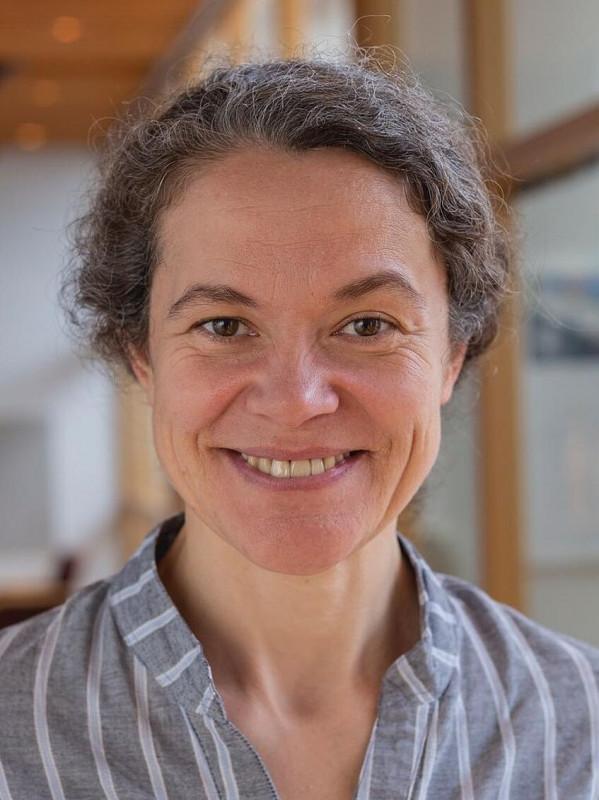Event Details

To join the KLI Colloquia via Zoom:
https://us02web.zoom.us/j/86548837670?pwd=AWm1v389npLyoJD5e01a9rjMXD7FP6.1
Meeting ID: 865 4883 7670
Passcode: 342640
Topic description / abstract:
Pregnancy originated repeatedly in vertebrate evolution by co-opting the ancestral postovulatory luteal phase of the ovarian cycle, a physiological phase shared across vertebrate females. Eutherian pregnancy therefore represents a physiological equivalent, a “serial homolog” of the progesterone-dominated luteal phase. The key evolutionary innovation that facilitated the characteristically long eutherian pregnancies was the regulatory decoupling of the pregnant and nonpregnant cycle. Only after the two cycles became separately modifiable, could gestation length increase without deleteriously extending the time to the next fertile phase in nonpregnancy. This setting substantially affected the evolution of mammalian pregnancy and the life history of eutherians. In this talk, I will present some of the main insights about eutherian pregnancies that present themselves when studying pregnancy in the context of non-pregnant cycle. These include evidence that pregnancy length is not a homologous feature across eutherians, and that increase in gestation length was driven by the need to accommodate an increasing body size, once independent evolution of pregnant and non-pregnant cycles became possible. Finally, I will share some thoughts on how eutherian pregnancy relates to other instances of vertebrate viviparity.
Biographical note:
Mihaela Pavlicev is evolutionary biologist broadly interested in the interplay of complex organismal genetic and developmental properties and selection, in determining the evolutionary change and the evolvability of complex characters. Her recent research focuses at various levels of organization, addressing molecular, cellular and tissue evolution, mostly within vertebrate reproduction. She is currently a full professor for Theoretical Evolutionary Biology and a co-chair of the Department of Evolutionary Biology at the University of Vienna.


